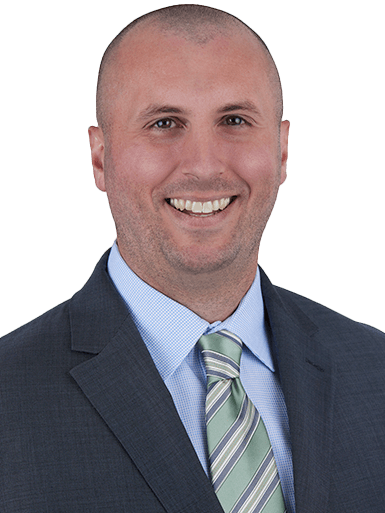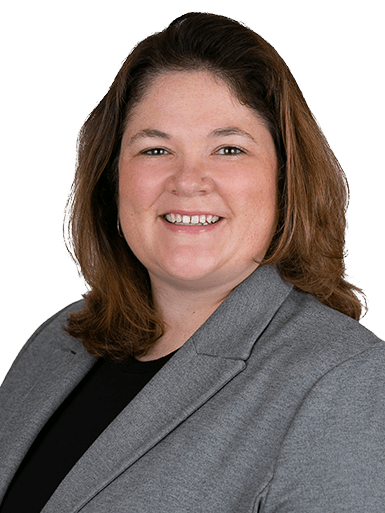Senior Living Facilities Face New Financial Challenges in 2025
Senior living facilities are under pressure, managing rising costs while striving to deliver consistent care to a population that is living longer and often requires more complex support. Staffing remains a central concern: wages are up, agency fees remain high, and the workforce is still recovering from post-pandemic attrition. At the same time, more individuals are choosing home-based care, making census less predictable and revenue harder to forecast.
Financial pressures extend beyond labor and occupancy. Facilities face heightened regulatory scrutiny, aging infrastructure, and rising capital costs, all while relying on outdated or siloed technology. In this environment, clear financial insight is essential. Facilities that move away from static models and adopt more flexible, data-informed approaches are better positioned to adapt. Scenario planning, cost modeling, and profitability analysis by service line can help stabilize operations and support long-term sustainability.
The Rules Shift. Strategy Should Too.
Compliance demands continue to increase as audits and Medicaid and Medicare billing complexities grow. The uncertainty surrounding future funding and potential reimbursement reforms adds risk to revenue streams. Reviewing internal controls and assessing exposure to revenue fluctuations can help providers prepare for evolving regulatory environments. Scenario planning is useful for anticipating possible funding changes and adjusting operations accordingly.
Meanwhile, many senior living facilities face aging infrastructure that requires significant capital investment. Rising construction costs and higher interest rates complicate financing efforts. Prioritizing capital projects, optimizing reserve funds, and evaluating debt structures contribute to more effective long-term planning. Aligning funding strategies with operational needs supports financial resilience amid these challenges.
Automate the Routine. Focus on Care.
Many senior living providers still rely on outdated and siloed technology systems and processes. This limits access to real-time data, increases the risk of errors, and reduces operational efficiency and the ability to make timely decisions. Implementing dashboards and automating reporting can improve compliance monitoring, staffing management, and financial oversight.
Automation tools such as electronic medical records, automated billing, and workflow software reduce administrative burdens and lessen dependency on labor. Clear analysis of costs and integration points supports more effective system rollout. AAFCPAs advises that providers select technologies that strengthen operations while maintaining focus on quality care. Further integration or expanded use of existing technologies may be a quick win for the team.
How We Help
Senior living providers face growing financial and operational demands that call for strategic planning and strong risk management. AAFCPAs delivers tailored solutions to support budgeting, reimbursement analysis, cash flow optimization, capital planning, and internal controls—helping organizations adapt while staying focused on care quality.
We also guide clients through system assessments, vendor evaluations, and ERP implementations, with an emphasis on efficiency, integration, and long-term value. For providers working with outdated or fragmented systems, we help define requirements, coordinate vendor demonstrations, and support implementation and change management. Our team develops dashboards, builds Key Performance Indicators (KPIs), and strengthens data analytics through automation to support more informed decision-making. We also automate manual processes, including employee status changes, reporting, and document management, to improve efficiency across operations.
Beyond this, we provide outsourced accounting and fractional CFO support, technical accounting guidance, and regulatory readiness. With deep experience in healthcare finance, AAFCPAs helps senior living organizations navigate complex regulations and evolving reimbursement models to sustain financial health in an uncertain environment.
These insights were contributed by Robert Constantino, CPA, MSA, Director and Courtney McFarland, CPA, MSA, 340B Apexus Certified Expert™.
Questions? Reach out to our authors directly or your AAFCPAs partner.
AAFCPAs offers a wealth of resources for those navigating the healthcare industry. Subscribe to get alerts and insights in your inbox.


